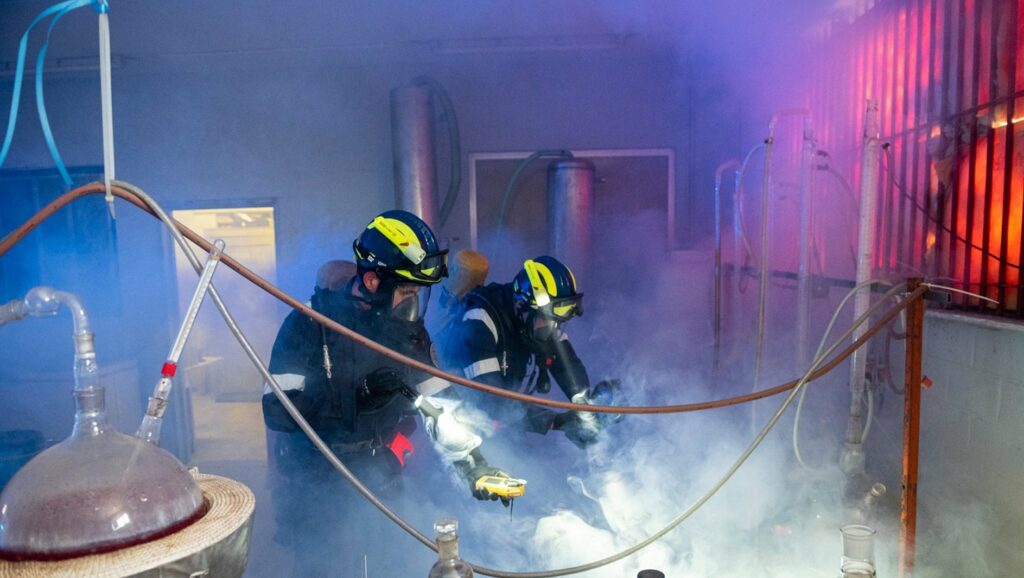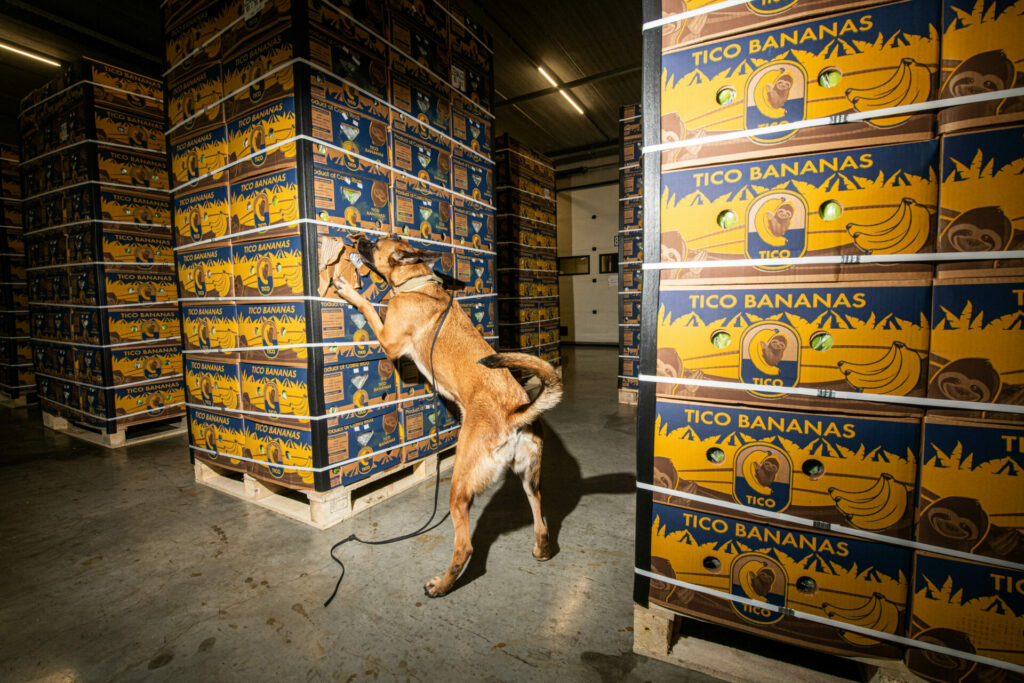Record amounts of cocaine seized were at the Port of Antwerp in 2023 and the range of illicit substances available in Europe has never been greater. This is according to the European Drug Report 2024, published by the European Monitoring Centre for Drugs and Drug Addiction (EMCDDA) on Tuesday.
The report detected 26 new psychoactive substances (NPS) in Europe in 2023 and is monitoring 950 different NPS overall. The EMCDDA notes that drugs are becoming more potent than ever before and are often being mixed when consumed. "One of the challenges facing drug surveillance in 2024 is to gain a deeper understanding of what drugs are actually being consumed and in what combinations," it states.
Synthetic opioids have saturated the illegal substances market and are either falsely sold as medication, marketed as other drugs, or simply mixed in with other substances. For instance, the party drug MDMA might contain synthetic cathinones and cannabis-based products might be laced with synthetic cannabinoids. These additions pose serious risks to consumer health.
The multiplication of available products has triggered the "polyconsumption" phenomenon, where drug users consume two or more substances at a time, thus making it much more difficult to assist them in an emergency. This situation becomes more complex when not users themselves don't know what they have consumed.
Belgium-made
Where are these drugs coming from? Belgian authorities seized a record 116 tonnes of cocaine at the Port of Antwerp in 2023, as well as five tonnes at the Port of Zeebrugge. The Flemish ports have become the primary point of entry to the European drug market and EU ports have now overtaken the US – historically regarded as the world’s largest cocaine market – in terms of the quantity of drugs seized.
The European Port Alliance seeks to coordinate the approaches of Member States to tackle the issue. €200 million is currently being funneled into security operations and customs checks that are overseen by the European Commission, Europol, Eurojust, the European Public Prosecutors Office (EPPO) and the European Multidisciplinary Platform Against Criminal Threats (EMPACT).

On average, Belgian law enforcement dismantles two drug labs every month. Credit: Federal Police
However, the synthetic drugs that dominate this year's EMCDDA report are often produced on European soil. With the Taliban in Afghanistan announcing a ban on poppy seed cultivation in 2022, synthetic opioid production has already flared in Europe to make up the shortfall in heroin. This brings additional health risks for users as since 2009, 81 new synthetic opioids have appeared on the European market.
The EMCDDA will be replaced by the European Union Drugs Agency (EUDA) on 2 July. EUDA will continue to monitor the drugs situation in Europe and it is hoped that its work will improve prevention, treatment and harm-reduction for drug users.

